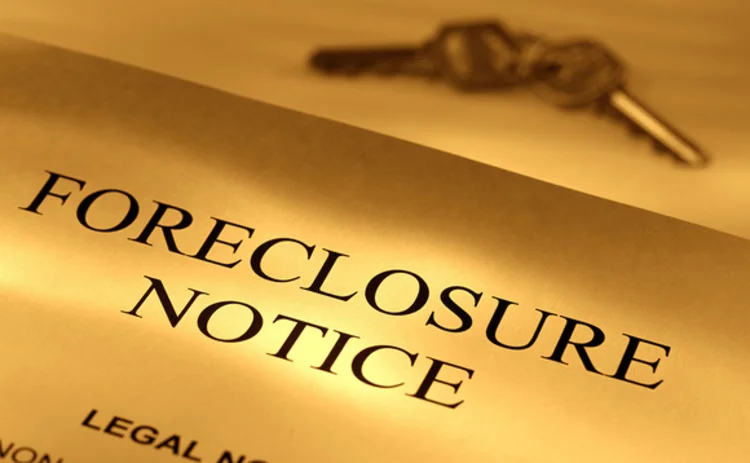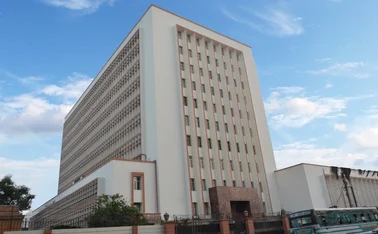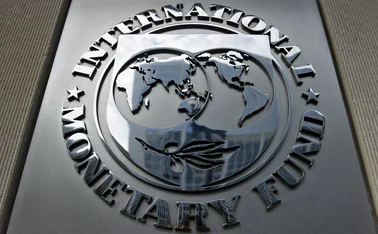
Bank rules and their impact on inequality
Regulation has a profound effect on levels of financial inclusion

When most people consider the effects of government policy on economic inequality they think of taxes, welfare programmes, charter schools or student loans. But, as we show in our new study of the history of politics in shaping banking policies around the world – Fragile by design: the political origins of banking crises and scarce credit (Princeton 2014) – inequality can be affected by the rules of the game under which banks operate. Those rules define, among other things, who gets to be a
Only users who have a paid subscription or are part of a corporate subscription are able to print or copy content.
To access these options, along with all other subscription benefits, please contact info@centralbanking.com or view our subscription options here: http://subscriptions.centralbanking.com/subscribe
You are currently unable to print this content. Please contact info@centralbanking.com to find out more.
You are currently unable to copy this content. Please contact info@centralbanking.com to find out more.
Copyright Infopro Digital Limited. All rights reserved.
You may share this content using our article tools. Printing this content is for the sole use of the Authorised User (named subscriber), as outlined in our terms and conditions - https://www.infopro-insight.com/terms-conditions/insight-subscriptions/
If you would like to purchase additional rights please email info@centralbanking.com
Copyright Infopro Digital Limited. All rights reserved.
You may share this content using our article tools. Copying this content is for the sole use of the Authorised User (named subscriber), as outlined in our terms and conditions - https://www.infopro-insight.com/terms-conditions/insight-subscriptions/
If you would like to purchase additional rights please email info@centralbanking.com
Most read
- Taking stock of Bernanke: the original sin of forecasting
- Fed policy-makers disagree over risks
- Central bank of the year: Central Bank of Brazil








